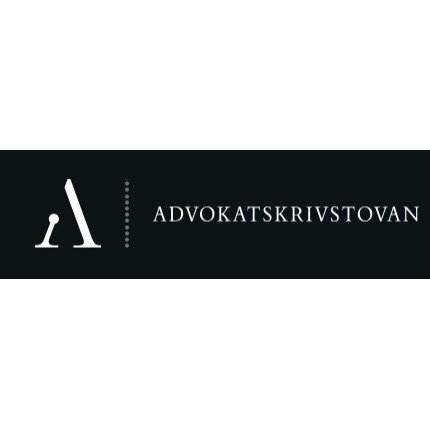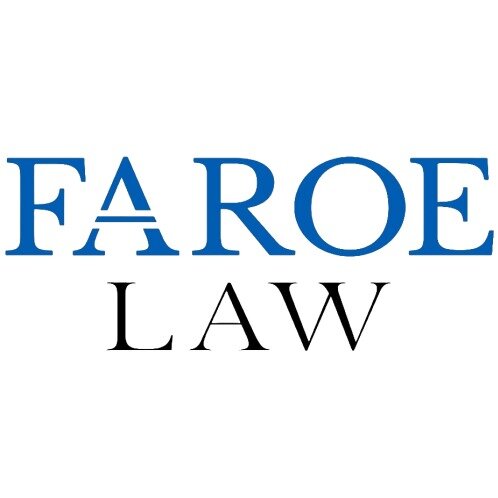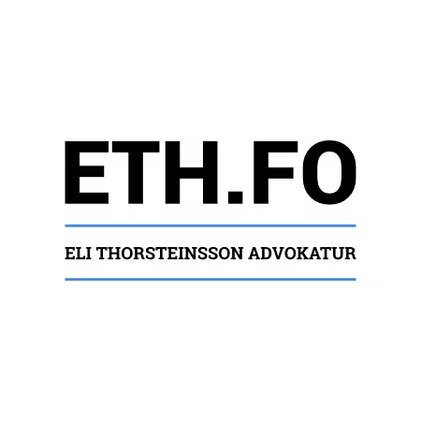Best Banking & Finance Lawyers in Faroe Islands
Share your needs with us, get contacted by law firms.
Free. Takes 2 min.
Or refine your search by selecting a city:
List of the best lawyers in Faroe Islands
About Banking & Finance Law in Faroe Islands
Banking and Finance law in the Faroe Islands is a specialized branch that governs the legal aspects of financial systems and transactions. Although there is a level of autonomy in legislation, Faroese financial law is also influenced by Danish and European Union regulations due to its political and economic arrangements. The law covers various aspects such as banking operations, financial services, investment management, lending, compliance, and M&A in the financial sector. Given the small yet dynamic economy, the legal framework is structured to support both local businesses and international financial activities.
Why You May Need a Lawyer
There are several situations where individuals and businesses may require legal assistance in the field of Banking & Finance in the Faroe Islands:
- Resolving disputes with banking institutions regarding loans, financing, or transactional errors.
- Ensuring compliance with local financial regulations when starting a new company or restructuring an existing business.
- Navigating complex transactions such as mergers and acquisitions within the financial sector.
- Understanding tax implications and legal obligations of financial investments.
- Managing insolvency or bankruptcy proceedings.
- Seeking advice on international transactions or cross-border financial activities.
Local Laws Overview
The Faroese legal system incorporates several key aspects relevant to Banking & Finance:
- Regulatory Framework: The Financial Supervisory Authority oversees banks and financial institutions, ensuring they comply with laws and standards.
- Banking Operations: Local laws stipulate licensing requirements and operational guidelines for banks operating within the Faroe Islands.
- Securities and Investment: The legal framework regulates trading, investment practices, and the roles and responsibilities of financial advisors.
- Data Protection: Financial service providers must adhere to strict data privacy regulations, mirroring the GDPR standards set by the EU.
- Anti-Money Laundering (AML): Robust AML laws are in place to prevent financial crimes, requiring institutions to conduct thorough client vetting and reporting.
- Taxation: A comprehensive tax code explains the obligations of financial institutions and investors in domestic and international transactions.
Frequently Asked Questions
What is the regulatory body for Banking & Finance in the Faroe Islands?
The Financial Supervisory Authority of the Faroe Islands is the primary regulatory body overseeing the banking and financial sector.
Are the Faroe Islands governed by the EU banking regulations?
While not an EU member, the Faroe Islands align with EU banking regulations, influenced by their relationship with Denmark and international agreements.
What are the common banking services available in the Faroe Islands?
Common services include personal banking, business banking, loans, mortgages, investment services, and online banking facilities.
How can I start a financial business in the Faroe Islands?
To start a financial business, you must acquire the necessary licenses from the Financial Supervisory Authority and comply with local regulatory requirements.
What are the tax implications for financial transactions?
Financial transactions are subject to local tax codes, which may include value-added tax (VAT) considerations, income tax, and company tax obligations.
What are the main protections for consumers in financial transactions?
Consumer protections include clear contracts, transparent fees, privacy practices, and mechanisms for disputes and grievances.
How does the law address financial fraud?
Laws in the Faroe Islands have stringent penalties for financial fraud, with institutions mandated to implement preventive measures and reporting.
Can foreigners open bank accounts in the Faroe Islands?
Yes, foreigners can open bank accounts, subject to due diligence and compliance procedures set by the banks.
What legal actions can I take if I encounter unfair banking practices?
You can file complaints with the Financial Supervisory Authority or seek legal advice to pursue litigation against unfair banking practices.
How are loans and credit regulated?
Loans and credit services are regulated to ensure fair practices, with clear terms and responsible lending enforced by the supervisory authority.
Additional Resources
For more detailed information and assistance, you may consider reaching out to the following resources:
- Financial Supervisory Authority: The main regulatory body for financial services in the Faroe Islands.
- Faroe Islands Tax Authority: For guidance on the tax implications of financial transactions.
- Chamber of Commerce: Provides resources and support for businesses operating in the financial sector.
- Local Legal Firms: Specializing in Banking & Finance law, offering consultations and legal representation.
Next Steps
If you find yourself needing legal assistance in Banking & Finance matters in the Faroe Islands, consider taking the following steps:
- Identify the specific issue you need help with, whether it's compliance, a dispute, or understanding regulatory requirements.
- Gather all relevant documentation and information related to your financial situation or transaction.
- Contact a legal professional or firm with expertise in Banking & Finance law in the Faroe Islands.
- Schedule a consultation to discuss your concerns, ask questions, and devise a legal strategy moving forward.
- Follow the legal guidance provided to resolve your issue effectively and maintain compliance with local laws.
Lawzana helps you find the best lawyers and law firms in Faroe Islands through a curated and pre-screened list of qualified legal professionals. Our platform offers rankings and detailed profiles of attorneys and law firms, allowing you to compare based on practice areas, including Banking & Finance, experience, and client feedback.
Each profile includes a description of the firm's areas of practice, client reviews, team members and partners, year of establishment, spoken languages, office locations, contact information, social media presence, and any published articles or resources. Most firms on our platform speak English and are experienced in both local and international legal matters.
Get a quote from top-rated law firms in Faroe Islands — quickly, securely, and without unnecessary hassle.
Disclaimer:
The information provided on this page is for general informational purposes only and does not constitute legal advice. While we strive to ensure the accuracy and relevance of the content, legal information may change over time, and interpretations of the law can vary. You should always consult with a qualified legal professional for advice specific to your situation.
We disclaim all liability for actions taken or not taken based on the content of this page. If you believe any information is incorrect or outdated, please contact us, and we will review and update it where appropriate.
Browse banking & finance law firms by service in Faroe Islands
Faroe Islands Attorneys in related practice areas.
Browse banking & finance law firms by city in Faroe Islands
Refine your search by selecting a city.













